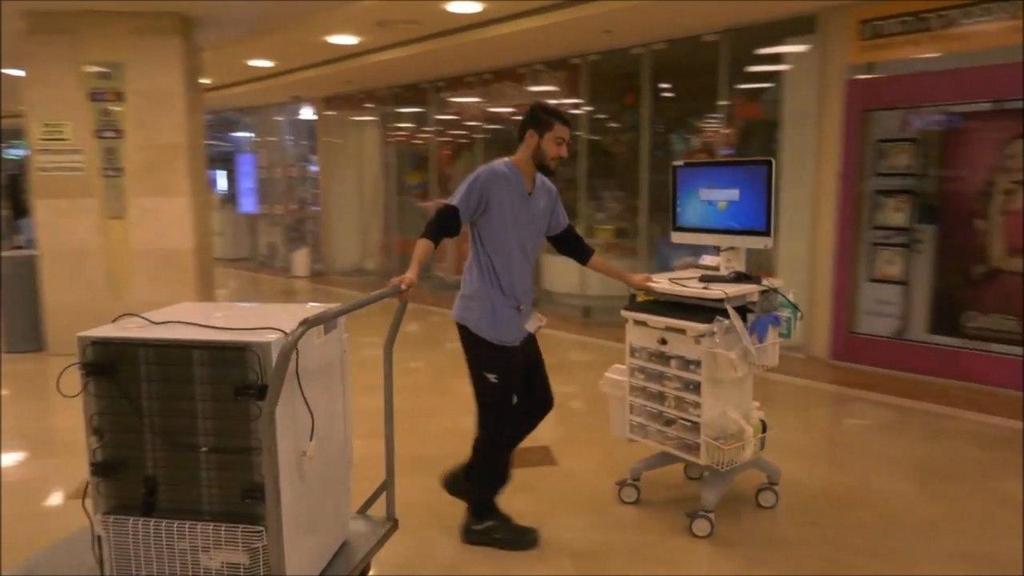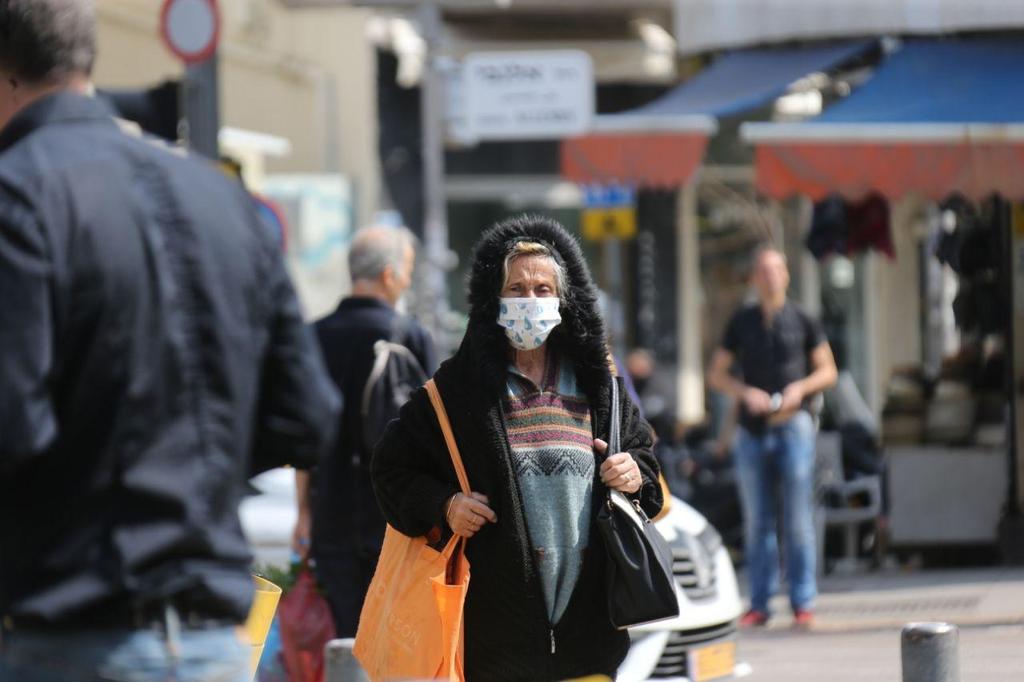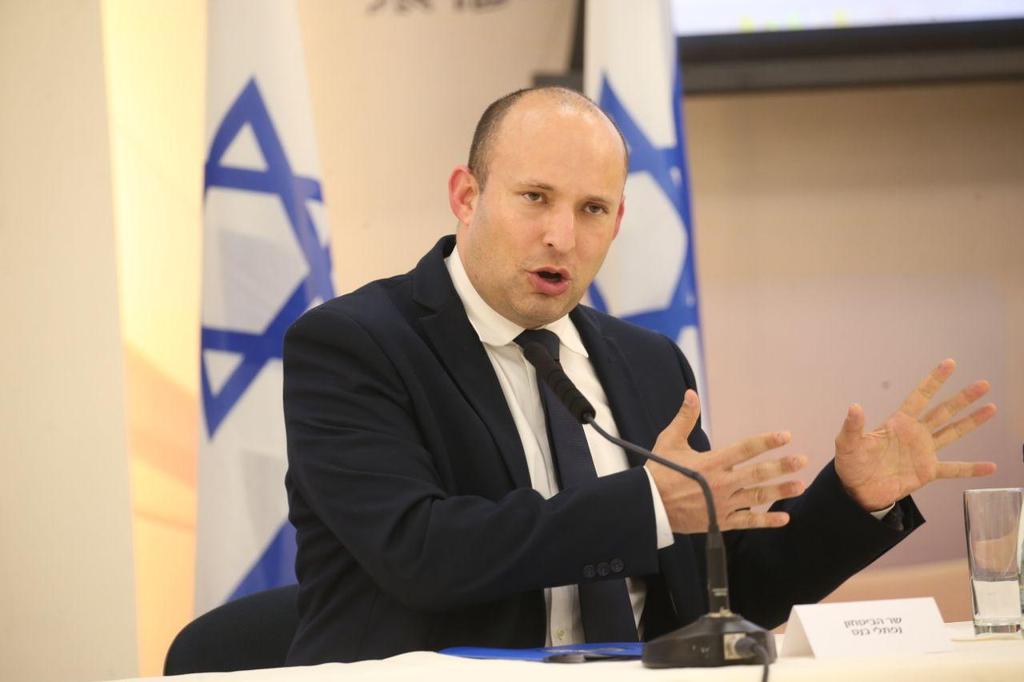Getting your Trinity Audio player ready...
Recent days have made it clear that Israel is at war.
We are facing an enemy that is no less elusive and merciless than enemies Israel has faced before - and is most likely a far more dangerous foe.
To win this war, we must enlist all the experience gained from decades of battling terror and ensure all government agencies work in harmony and are coordinating their response.
Despite the urgent need to deal with this growing crisis, the government has failed to ensure this takes place.
As the coronavirus causes more and more damage to our lives, as hundreds of people more are expected to get sick and as fears increase for the health of thousands of medical and welfare workers, something in the Health Ministry has gone wrong.
Instead of a steady hand at the top, there is uncertainty, contradictory recommendations and a sense of helplessness.
Hospitals have shifted into panic mode as leaders of the healthcare establishment express doubts over the ability to treat large numbers of patients at the same time.
With some health workers already benched due to fears of contamination, a shortage of vital medical equipment (with respirators heading that list; they have been purchased but will not arrive for months), there is little cause to wonder why the medical establishment is so concerned.
Countries around the world - Israel among them - have been preparing for such a pandemic for years.
According to a government directive issued after the 2006 Second Lebanon War, the Defense Ministry must oversee a panel of experts managing a pandemic as soon as it breaks out.
The ministry is supposed to deploy the Home Front Command and a unit to ensure that the population has food supplies and essentials.
3 View gallery


Medical staff at quarantine compound in Rambam Medical Center
(Photo: Rambam Medical Center)
This vital assignment of responsibility has not been carried out and it is unclear why.
Many incidents that demonstrate the need for a centralized response have already been reported and only the defense establishment – with its manpower and resources - has the capability to manage the crisis.
Neither the Health Ministry nor the National Security Council possesses the resources needed to ensure chaos does not break out and problems are not left unresolved.
Israel is in a state of emergency and must respond accordingly.
At this stage, the public is still coming to terms with its loss of school, culture, fun and a private life with personal freedoms - but that is not the real problem.
There is a greater crisis looming, namely the collapse of our health system as the number of people infected and in need of hospital care increases.
In order to give the population the best chance at surviving the coronavirus without letting our elderly community and our frailer citizens die, the crisis must be managed by a central body that is experienced, able to mitigate some of the pressure on hospitals, can ensure the future stability of the economy and when possible allow us to return to a normal routine.
Before that can happen, Defense Minister Naftali Bennett must do more than show up at an occasional photo-op or press conference or post an occasional statement on social media about plans to set up a military field hospital to treat the expected number of sick. He must assume full responsibility for the crisis and begin to manage it.
Even so, there is no indication that Bennett will be given the reins. Not only does he shows no interest in taking them, but the prime minister- who appears on our television screens every night to talk too much - does not seem to want to let them go.



